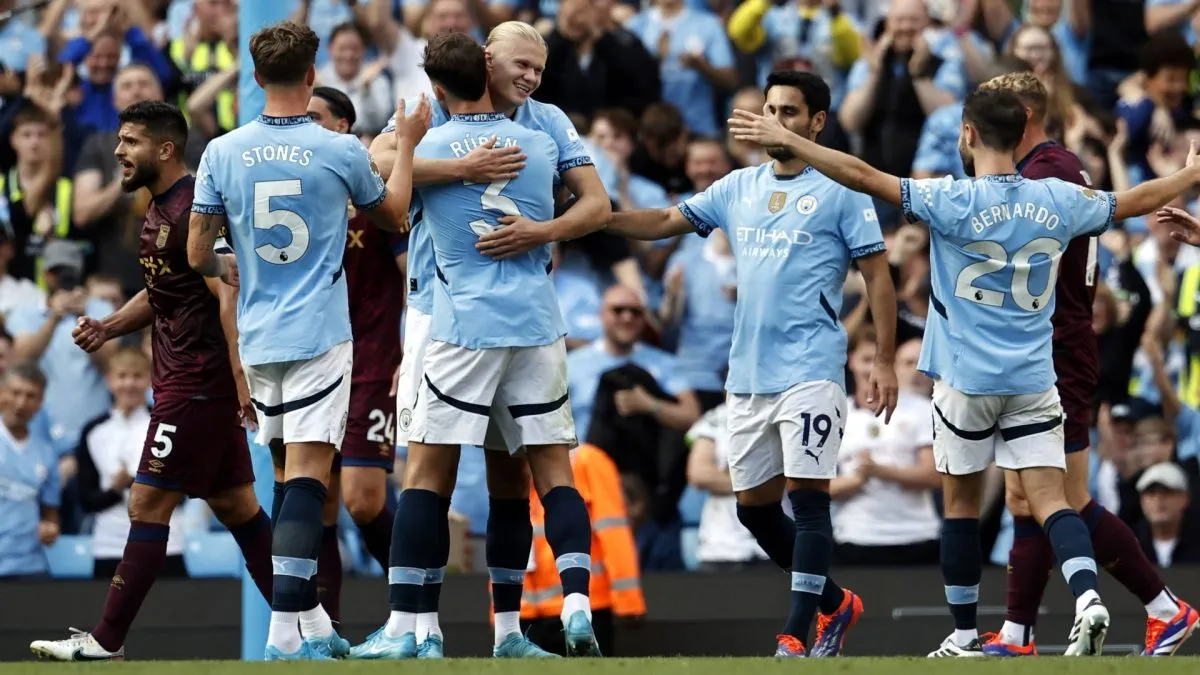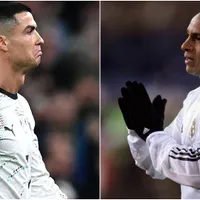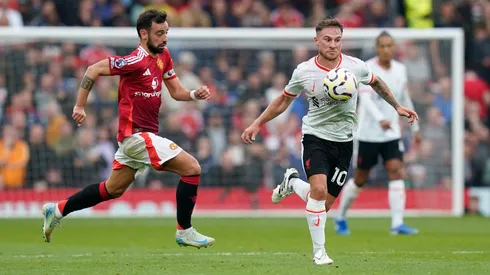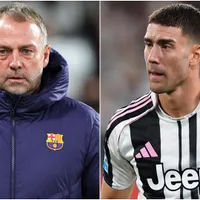Throughout the 2000s, Arsenal, Man United, Liverpool and Chelsea dominated the Premier League’s top four spots.
Arsene Wenger’s Gunners and Sir Alex Ferguson’s United battled to win the title a combined five times between 1999 and 2004. Chelsea, led by Russian money from Roman Abramovich, disrupted the status quo with back-to-back title wins in 2004/05 and 2005/06. Meanwhile, Liverpool was a top-four regular, notching fourth place or better eight times in the 2000s.
All eras end though, and the emergence of Manchester City and Tottenham in the 2010s saw the traditional “Big 4” expand into the Premier League’s “Big 6.”
However, growing competition and City’s dominance under Pep Guardiola’s rule has seen the Premier League landscape shift once more. It may therefore be time to ditch the “Big 6” reference in this ultra-competitive age of elite soccer.
Growing Competition for the Premier League’s “Big 6”
Since 2020, the Premier League’s top six have become more varied year on year. During the 2010s, teams outside this group of elite clubs broke into the top six Premier League places on just five occasions. Moreover, Everton was the only side outside of the group to achieve this feat twice.
However, several teams have broken into higher positions during the 2020s. Leicester, Aston Villa, Brighton, Newcastle and West Ham have all disrupted the traditional club’s control over the leading six positions.
More unusual is that these teams have not spent fortunes to break into the top six. Previously, it was the biggest spenders that usually finished towards the top. When Chelsea won the Premier League between 2004 and 2006, it spent nearly $300 million across the two seasons. It was nearly double the amount from the next biggest spender, Liverpool ($112 million).
Since 2020, five of the traditional “Big 6” have been among the biggest spenders in the Premier League. Yet only Manchester City has capitalized to maximum effect by winning all four titles in this decade so far.

More recently, the emerging contenders toward the top have spent a fraction compared to the bigger teams. Leicester stands out as a club that has competed despite a significantly smaller budget. The Foxes have outlayed around $455 million in Premier League expenditure since 2019 and reached the top six in 2019/20 and 2020/21.
Before September’s international break, Brighton, Newcastle and Brentford nestled themselves among the Premier League’s top six following bright starts to the season. Meanwhile, the big spenders of Man United, Chelsea and Tottenham sit 10th or lower in the table. Realistically, this is likely to change as the season progresses. Yet, it is early evidence to show the Big Six does not run away with the top positions due to the increasing quality of other opponents.
Manchester City’s Increasing Dominance
Following Sheikh Mansour’s purchase of Manchester City in 2008, it wasn’t long before the Citizens were an established top-four club. After breaking into the Champions League qualification places in 2010/11, City remained the sole team among the Premier League’s “Big 6” to maintain a position in the top four ever since.
This consistency was enhanced when Guardiola became City boss in 2016. The Spanish coach has led his side to six Premier League titles in the last eight seasons. Moreover, an estimated $1.66 billion in expenditure puts Guardiola as the highest-spending manager in Europe since 2016.
A near-unlimited bank balance has undoubtedly helped City bring some of the biggest footballing stars to the Etihad. The club’s squad depth has been better than any other challenger in recent years, helping them to maintain Premier League dominance.
While Arsenal and Liverpool have become annual challengers, City have continuously edged their opponents to the title. Currently, it is more the case of the “Big 1” followed by a mix and match of the next five clubs to take the top six Premier League places. Arsenal and Liverpool have become more consistent but are yet to truly tackle City’s command.
However, a new era Premier League elite era could be on the horizon. Newcastle’s mass Saudi investment, Aston Villa’s resurgence and Brighton’s thrifty spending all pose a threat to the prior “Big 6.” In addition, with rumors circulating that Guardiola could leave City in 2025, other established sides could pounce on the opportunity to disrupt the Citizens’ recent Premier League reign.
PHOTOS: IMAGO















